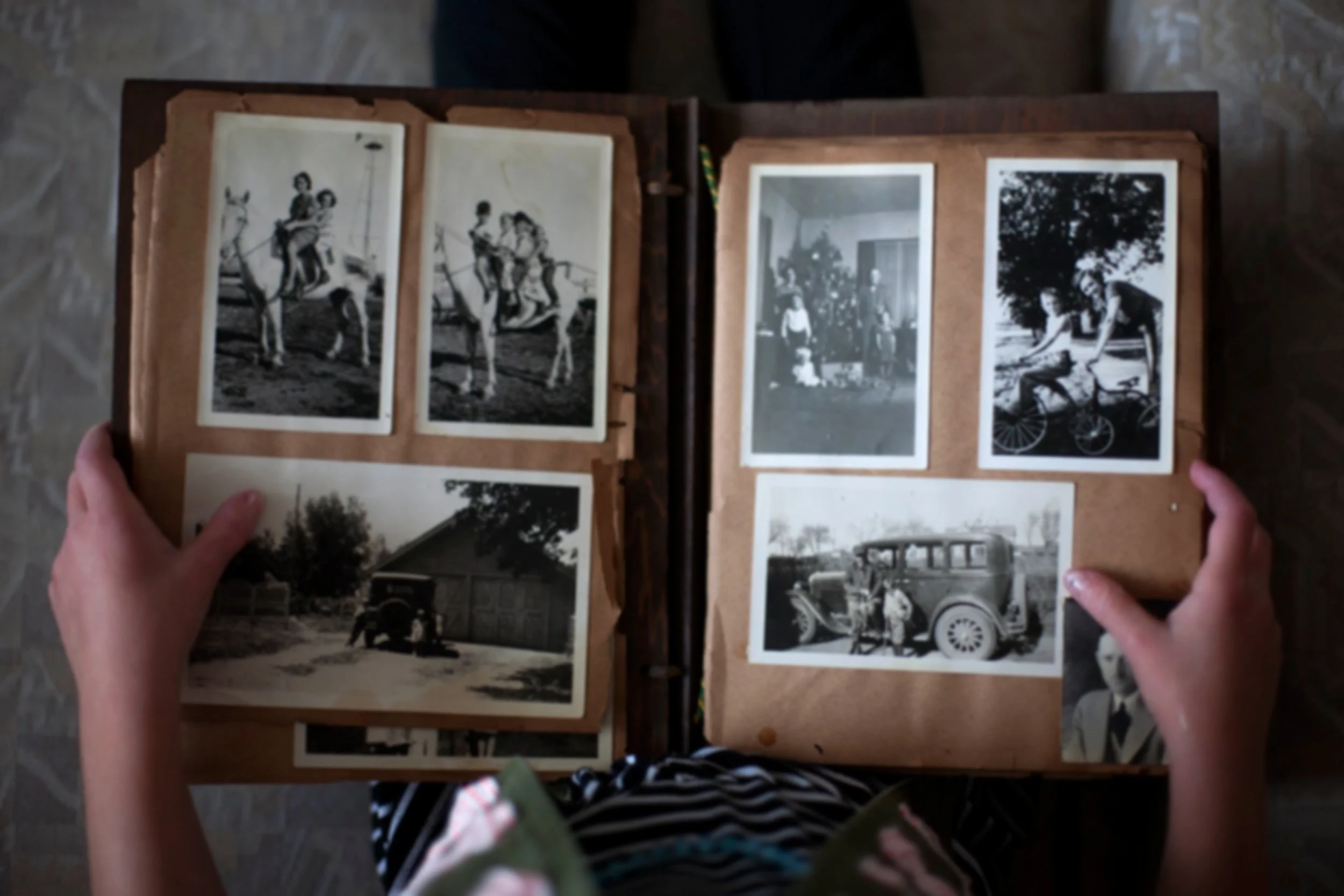What's Happening in the Brain When Trauma is Triggered
People often wonder what is going on inside their minds...to be honest- I think people often wonder more about what is going on inside of the minds of others! In this blog article, we'll look at two types of memories, how these relate to trauma, what it feels like when those memories get triggered and why that's important.
When trauma happens, our brains often don't know how to process it. Think of our brains sort of like a filing cabinet. We're doing our business, neatly filing paperwork in each designated folder. Then, someone comes into the room and starts taking the papers and throwing them around the room. We scramble and pick up the documents as this person leaves and try to put them back where they belong. However, they are more likely to get misfiled. When trauma happens, our brain tries to figure out how to file the experience. But because we are in a survival state of being, reacting in a flight, flight, or freeze response, our brains may not be able to file it appropriately. And so it doesn't, and we try to move on with our lives. But there are times we feel triggered and come back to that initial trauma. This feels different than typical memories. We may have a physical response, stomach tightening or turning, shoulders and fists tensing, breath shortening, and heart rate quickening. We may feel like we are in that traumatic experience all over again and like it is happening in the present day.
This leads us to talk about the different kinds of memory and how trauma can impact the brain. The two broad categories of memory I want to bring up here are implicit and explicit memory. Implicit memory is the stuff we know and feel unconsciously and effortlessly. It doesn't take work to access the information; it's just there. Like riding a bike or knowing the words to a song you hadn't heard in years. Implicit memory has two categories of emotional memory and procedural memory. But in a nutshell, it breaks down to being nonverbal, a learned skill/task, emotion, and body-based, and connected to a stimulus. So in future experiences, we might have a response or feel triggered by a stimulus that reminds us of the initial one. Trauma is connected to our implicit memory. We feel it in our bodies. The emotions can be overwhelming, and without a moment's notice, we can feel triggered like we are back in the trauma moment by something that may not even actually be dangerous to us. It is overwhelming, and the trauma feels like it is happening in the present.
Explicit memory is the information we have to work to access. Explicit memory is broken down into semantic, more general/factual knowledge. And Episodic memory which can be events and experiences that are personal to us. Trauma can still skew this information, we might be less likely to be able to convey information in the same way, or the memory feels fragmented.
This is why talk therapy can only go so far with trauma much of the time. We can only talk our way through so much, and healing has to occur in our brains. EMDR therapy helps the brain process implicit memories and episodic memories, so it can help in decreasing the charge one may feel emotionally, in the body, or connected to the trauma event.
This is why I feel that when providing EMDR therapy, it's critical my clients and I must gain rapport and trust in the therapeutic relationship. It's so important that that is the foundation, and from there, we build an understanding of their goals, what triggers they are experiencing, and what resources they need. This is the critical foundation of EMDR therapy that needs to happen to process traumatic memories.
If you struggle with past trauma or anxiety, know that you do not have to struggle alone. There is help out there. I completely understand it can be scary reaching out for help and being vulnerable with what we struggle with. Maybe you've gone to therapy before, and it hasn't really gone the way you had hoped. If you are looking for EMDR therapy or an anxiety therapist here in Tampa or anywhere in Florida, I would love to chat to see if we are a good fit. Reach out today to schedule a free consultation. I would love to help. If we're not a good fit, I am constantly building a network of resources and connections with other therapists, life coaches, and helping professionals that I can connect you with.




